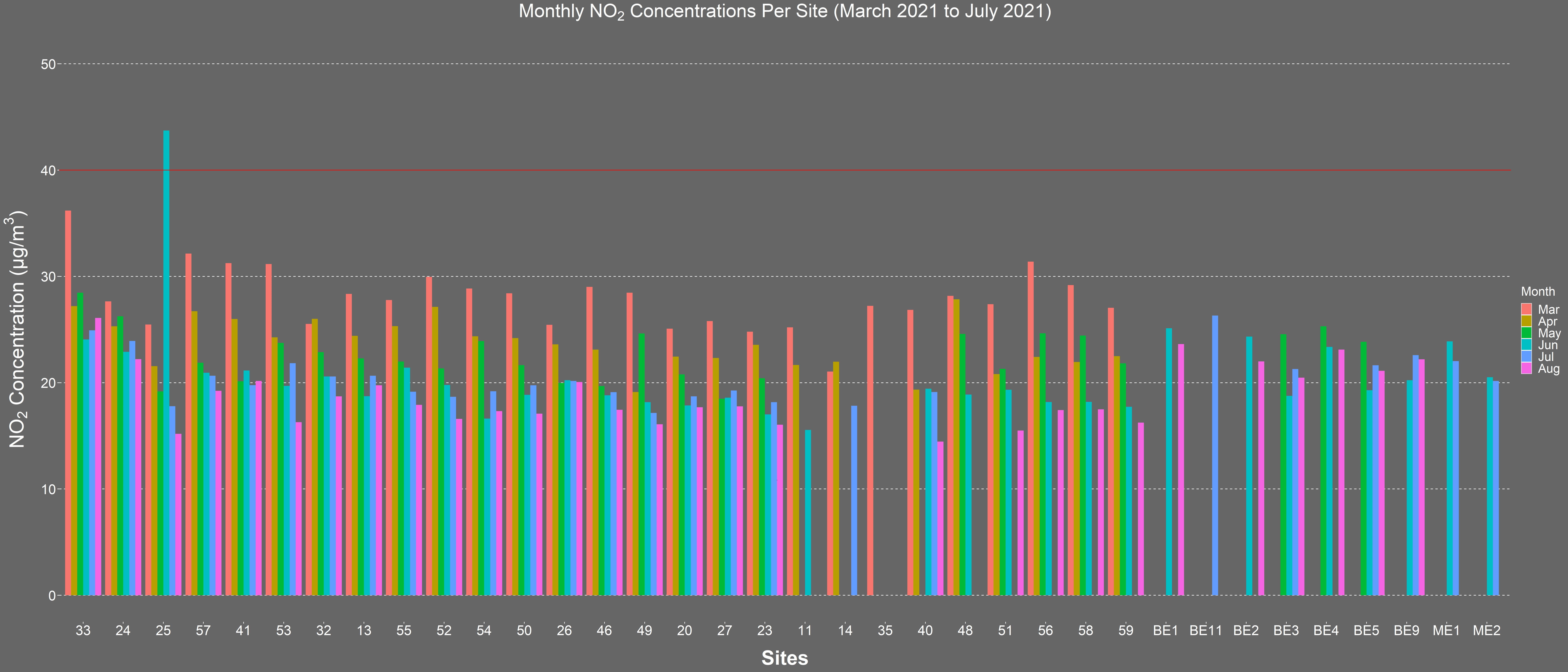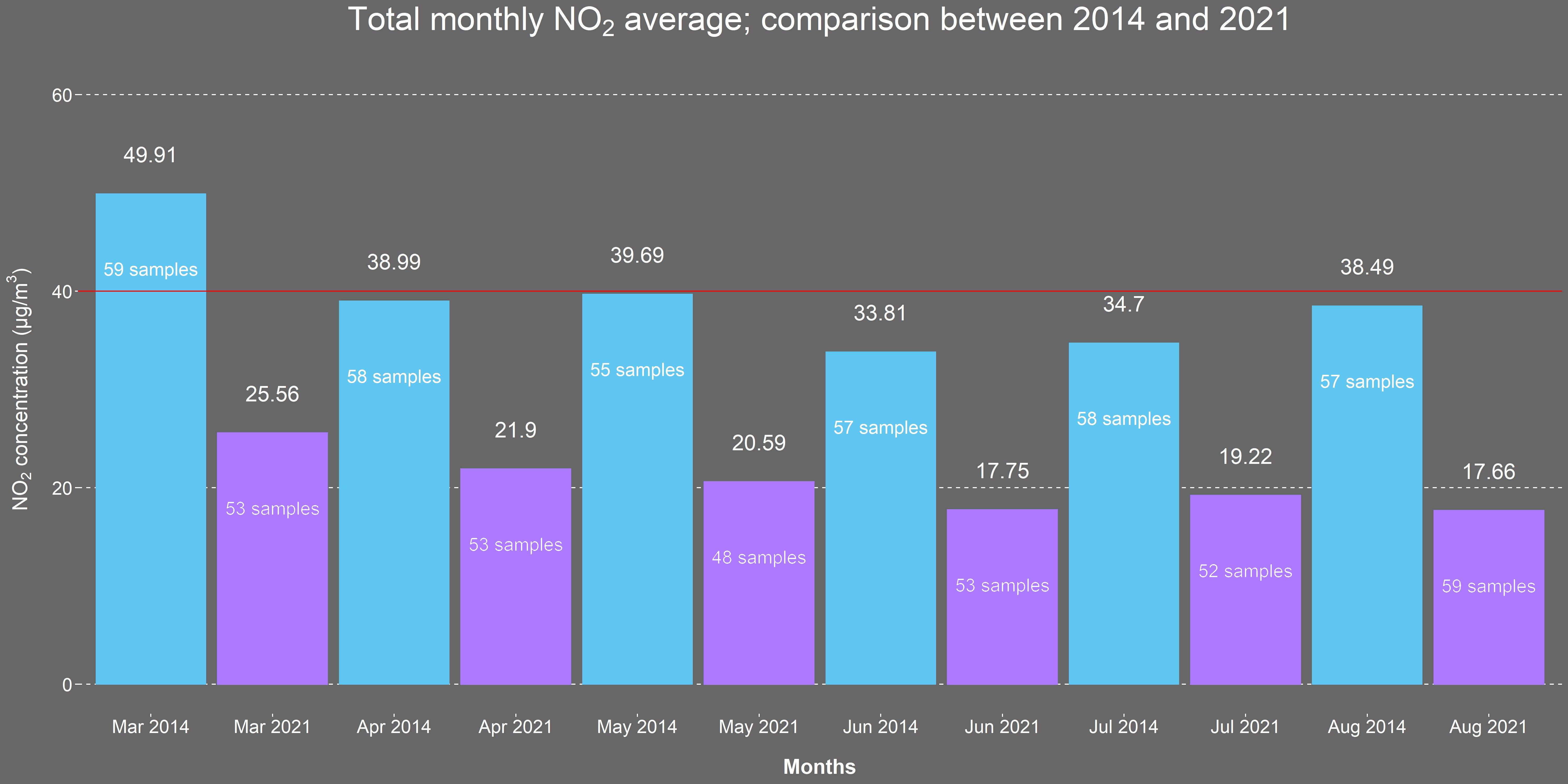Levels of particulate matter and nitrogen dioxide can be a concern in urban areas. In 2014, a comprehensive one-year Air Quality Citizen Science monitoring project commissioned by The City of London Corporation and led by Mapping for Change, was undertaken by residents of the Barbican Estate. ‘Science in the City’ aimed to increase understanding amongst residents about air pollution, its causes, effects and how it varies over space and time. Residents were consulted on any actions they would like to see taken over subsequent years to improve local air quality.
Our Role
Now, six years later, after implementing several of the suggested initiatives around the Barbican, including a Low Emission Neighbourhood and the Mayor of London Ultra Low Emission Zone, The City of London Corporation and Mapping for Change are teaming up once again to repeat and broaden this research. Mapping for Change is working with residents of two housing estates in the centre of the capital to monitor nitrogen dioxide levels over the course of a year. This citizen science project has been co-designed with the residents to ensure the outputs are relevant and useful to them both in reducing their personal exposure to air pollution and in evaluating the impact of the changes implemented. The work aims to raise awareness of air pollution and demonstrate the impact that citizen science and resident participation can have on environmental issues. The project will run from March 2021- February 2022.
Documentary: Science in the City
Related Projects
Clean Air Villages 3
Cross River Partnership is partnering with Lambeth Council for the Clean Air Villages 3 project to improve the air quality in 16 different London ‘villages’, where air pollution and population density levels are high. We’ll help KCH develop a baseline understanding of their local air quality around the hospital grounds.
MyAccessible.EU
MyAccessible.EU is a three year research project funded by the European Commission. It aims to make cities’ built environment more accessible for disabled and older people by challenging social attitudes, raising awareness and delivering assistive mobile applications. These mobile applications will provide tools for collectively gathering and sharing information about accessibility of public spaces.
WeGovNow
WeGovNow is a three year research and innovation project focusing on civic participation in local government. It aims to change the relationship between citizens and local governments, transforming the citizen’s role from customer into partner. This is to be achieved with the development of a single community engagement platform, where citizens can interact with their governments and participate in local decision-making.

